Optimal Morphing for Reduced-Order Modeling Under Non-Parametrized Geometrical Variability
Please login to view abstract download link
Solving parametric partial differential equations (PDEs) for different parameter values in a given set is a common task in industrial contexts. When the evaluation of the PDE solution is computationally time-consuming, model order reduction techniques offer an effective tool for accelerating computations while maintaining accuracy. In the present work, we deal with non-reducible problems for which a large number of modes is required to capture the behaviour of the physical system. We present a new approach to dimensionality reduction where each snapshot is mapped to a reference configuration that is more suitable for dimensionality reduction. The mappings are the solution to an infinite-dimensional nonlinear optimization problem. Such approaches are commonly known in the literature as registration problems [1]. The main difference is that the method we propose automatically maps the snapshots in the reference configuration, such that the energy conserved in the first values of the correlation matrix is maximal, for any arbitrary fixed integer r. This has the advantage of limiting the number of modes required. We also study how the proposed method could be extended to the case where the geometry might change as a function of the parameter value. In this case, each geometry must first be mapped to a reference geometry where the dimensionality reduction problem is solved [2]. Finally, we show how we can apply our method to non-intrusive model order reduction techniques similar to MMGP [3]. References [1] Taddei, Tommaso. "Compositional maps for registration in complex geometries." arXiv preprint arXiv:2308.15307 (2023). [2] A. Kabalan, F. Casenave, F. Bordeu, V. Ehrlacher and A. Ern, Elasticity-based mesh morphing technique and application to reduced-order modeling, submitted, arXiv:2407.02433 [3] F. Casenave, B. Staber and X. Roynard, MMGP: a Mesh Morphing Gaussian Process-based machine learning method for regression of physical problems under nonparametrized geometrical variability, NeurIPS, (2023)

